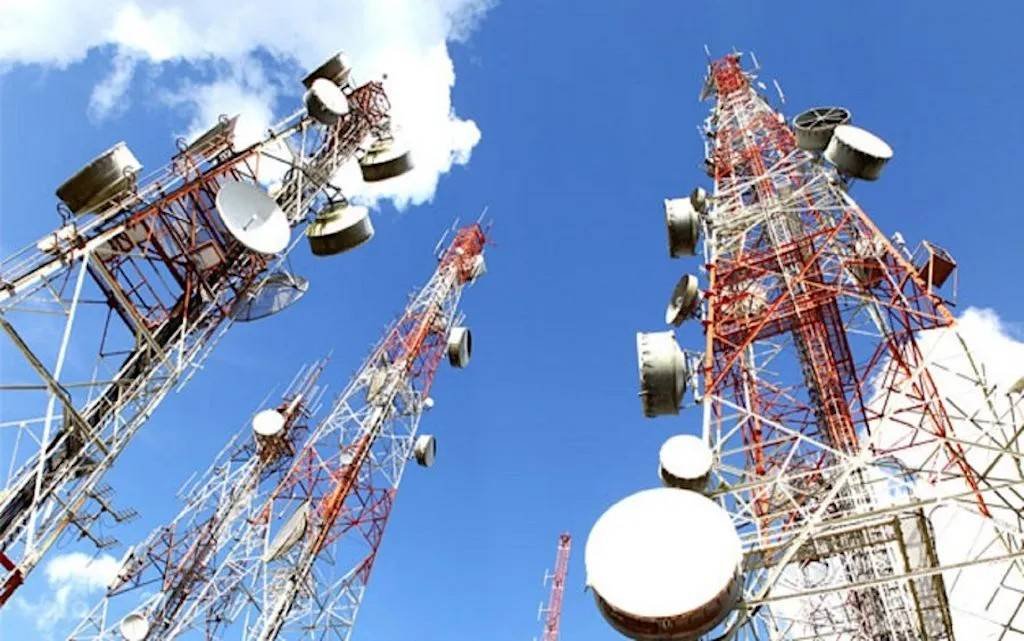Nigeria’s telecommunications industry is incurring over $350 million yearly in operational costs due to reliance on diesel generators caused by unreliable electricity supply, according to the Africa Finance Corporation’s State of Africa’s Infrastructure Report 2025. Operators consume more than 40 million litres of diesel monthly to power mobile networks, significantly increasing capital and operating expenses, especially in rural areas where energy costs can be 37% higher than urban zones.
The report highlights additional security risks, including frequent theft of fuel and battery equipment at telecom sites. Nigeria’s broader energy infrastructure struggles leave millions of households and businesses dependent on petrol and diesel generators for power, emphasizing the urgent need for grid improvements and alternative energy investments.
Despite these obstacles, Nigeria is advancing its digital infrastructure, with plans to expand its fibre backbone from 35,000 km to 125,000 km via public-private partnerships. However, an estimated $7 billion in annual investment is necessary to close the continent-wide data infrastructure gap. While mobile broadband costs are falling, rural internet penetration remains limited.
Experts stress that resolving Nigeria’s energy crisis is vital to sustaining growth and connectivity improvements within its telecom sector as digital transformation continues.















